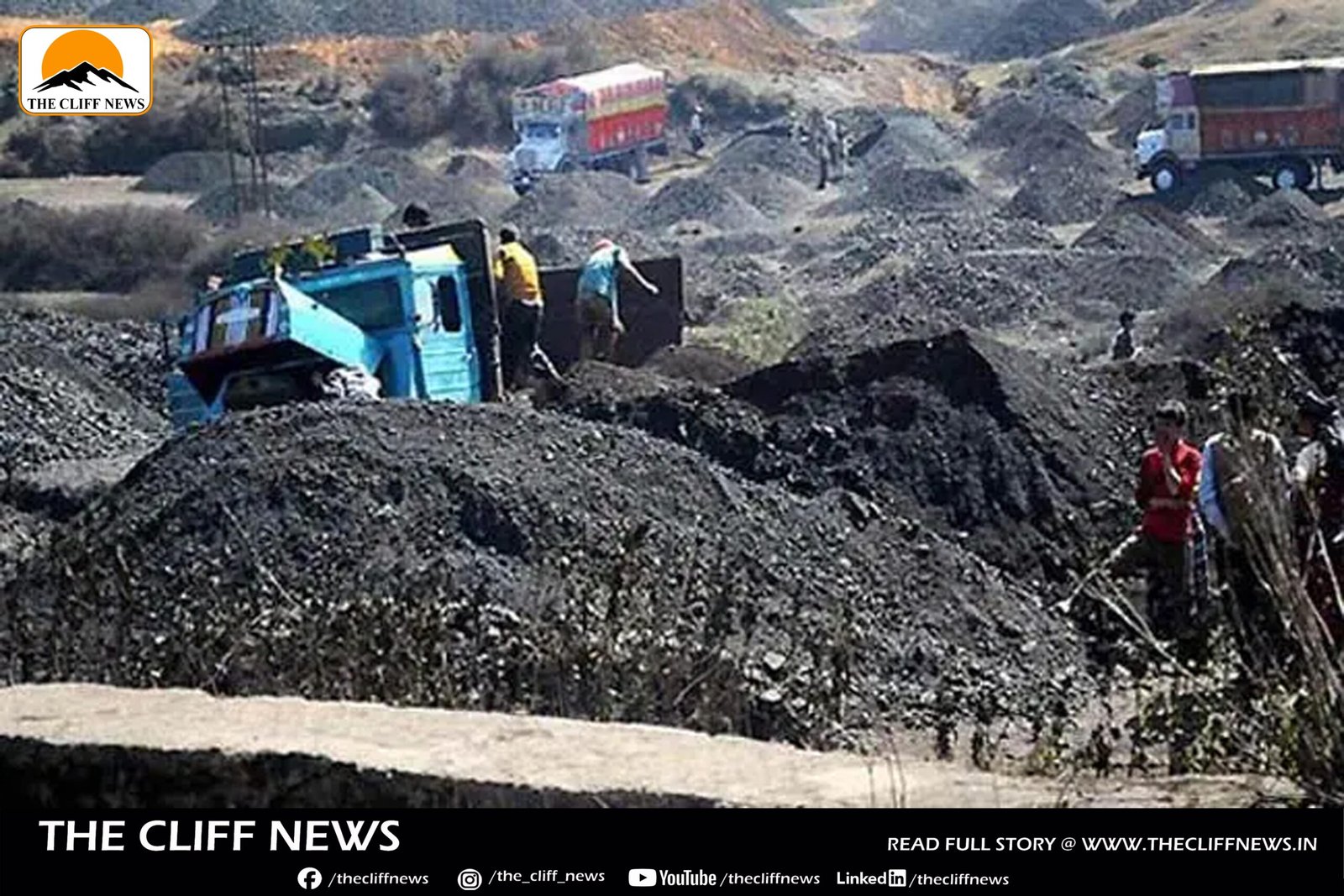In a significant development in the long-running 2012 coal allocation scam, a special Central Bureau of Investigation (CBI) court on Friday acquitted former coal secretary H.C. Gupta, former joint secretary (coal) K.S. Kropha, and former director (coal allocations) K.C. Samaria. The case pertains to alleged irregularities in the allocation of the Mahugarhi coal block in Jharkhand.
However, JAS Infrastructure Capital Ltd and its then director Manoj Kumar Jayaswal were convicted for cheating and criminal conspiracy. Special Judge Sanjay Bansal ruled that the company submitted false and misleading claims about its financial net worth, which led to the improper allocation of the coal block. Arguments for sentencing are scheduled for 8 July 2025.
CBI’s Ongoing Investigation
According to a CBI spokesperson, this case marks the 19th conviction out of 54 coal block allocation cases investigated by the agency. The CBI had initially filed a closure report in this matter in November 2014, but the court rejected it and ordered further investigation. During the trial, 18 prosecution witnesses were examined to establish the fraudulent nature of the company’s claims.
Previous Cases Involving the Acquitted Officials
This is not the first coal allocation case involving Gupta, Kropha, and Samaria. In 2017, the trio was convicted in a separate case involving irregularities in the allocation of coal blocks in Madhya Pradesh to Kamal Sponge Steel & Power Ltd (KSSPL). They were granted bail the same day. Earlier this year, in April 2025, the same judge discharged Gupta and Kropha in another Jharkhand coal block case related to Mednirai, citing insufficient evidence.
Background: The 2012 Coalgate Scandal
The coal scam—popularly known as Coalgate—erupted in 2012 when the Comptroller and Auditor General of India (CAG) alleged that coal blocks had been allocated to private companies without transparent bidding processes. The CAG estimated a notional loss of ₹1.86 lakh crore to the exchequer, sparking public outrage and political turmoil.
The revelations significantly dented the credibility of the Congress-led UPA government, and the scandal played a key role in the party’s defeat in the 2014 general elections, paving the way for the BJP-led NDA to come to power.
With nearly half of the 54 cases still pending, the acquittals and convictions continue to shape the legacy of one of India’s largest corruption scandals, while questions linger about corporate accountability and institutional oversight in the allocation of natural resources.



